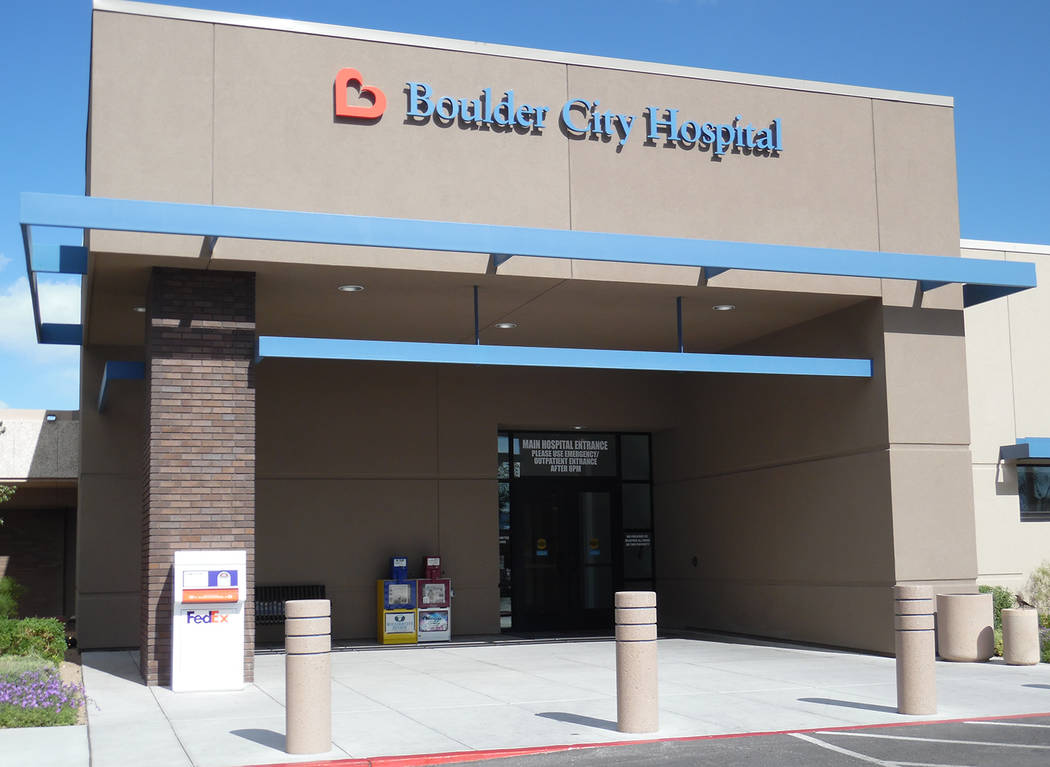
Colorectal cancer is the second-leading cancer killer of men and women in the U.S., following lung cancer. Colorectal cancer is cancer that occurs in the colon or rectum. Sometimes it is called colon cancer, for short. The colon is the large intestine or large bowel. The rectum is the passageway that connects the colon to the anus.
Almost all colorectal cancers begin as precancerous polyps (abnormal growths) in the colon or rectum. Such polyps can be present in the colon for years before invasive cancer develops. They may not cause any symptoms.
Screenings can find precancerous polyps so they can be removed before they turn into cancer. In this way, colorectal cancer is prevented. Screenings can also find colorectal cancer early, when there is a greater chance that treatment will be most effective and lead to a cure.
Colorectal polyps and colorectal cancer don’t always cause symptoms, especially at first. Someone could have polyps or colorectal cancer and not know it. That is why getting screened regularly is so important.
If you have symptoms, they may include:
■ Blood in or on your stool (bowel movement).
■ Stomach pain, aches or cramps that don’t go away.
■ Losing weight and you don’t know why.
If you have any of these symptoms, talk to your doctor. They may be caused by something other than cancer. The only way to know what is causing them is to see your doctor.
Your risk of getting colorectal cancer increases as you get older. More than 90 percent of cases occur in people who are 50 years old or older. Other risk factors include having:
■ Inflammatory bowel disease such as Crohn’s disease or ulcerative colitis.
■ A personal or family history of colorectal cancer or colorectal polyps.
■ A genetic syndrome such as familial adenomatous polyposis or hereditary non-polyposis colorectal cancer (Lynch syndrome).
Lifestyle factors that may contribute to an increased risk of colorectal cancer include:
■ Lack of regular physical activity.
■ A diet low in fruit and vegetables.
■ A low-fiber and high-fat diet.
■ Overweight and obesity.
■ Alcohol consumption.
■ Tobacco use.
Research is underway to find out if changes to your diet can reduce your colorectal cancer risk. Medical experts don’t agree on the role of diet in preventing colorectal cancer, but often recommend a diet low in animal fats and high in fruits, vegetables and whole grains to reduce the risk of other chronic diseases, such as coronary artery disease and diabetes.
This diet also may reduce the risk of colorectal cancer. Also, researchers are examining the role of certain medicines and supplements in preventing colorectal cancer.
Some studies suggest that people may reduce their risk of developing colorectal cancer by increasing physical activity, limiting alcohol consumption and avoiding tobacco. Overall, the most effective way to reduce your risk of colorectal cancer is by having regular colorectal cancer screening tests beginning at age 50.
The U.S. Preventive Services Task Force recommends three screening tests that are effective at saving lives: colonoscopy, stool tests (guaiac fecal occult blood test or fecal immunochemical test), and sigmoidoscopy (now seldom done).
Regular screening, beginning at age 50, is the key to preventing colorectal cancer. The task force recommends that adults age 50 to 75 be screened for colorectal cancer and that those 76 to 85 ask their doctor if they should be screened.
You should begin screening for colorectal cancer soon after turning 50, then continue getting screened at regular intervals. However, you may need to be tested earlier than 50, or more often than other people, if you or a close relative have had colorectal polyps or colorectal cancer; you have an inflammatory bowel disease; you have a genetic syndrome such as familial adenomatous polyposis or hereditary non-polyposis colorectal cancer.
If you think you are at increased risk for colorectal cancer, speak with your doctor about when to begin screening, which test is right for you and how often to get tested.
To Your Health is provided by the staff of Boulder City Hospital. For more information, call 702-293-4111, ext. 576, or visit bouldercityhospital.org.